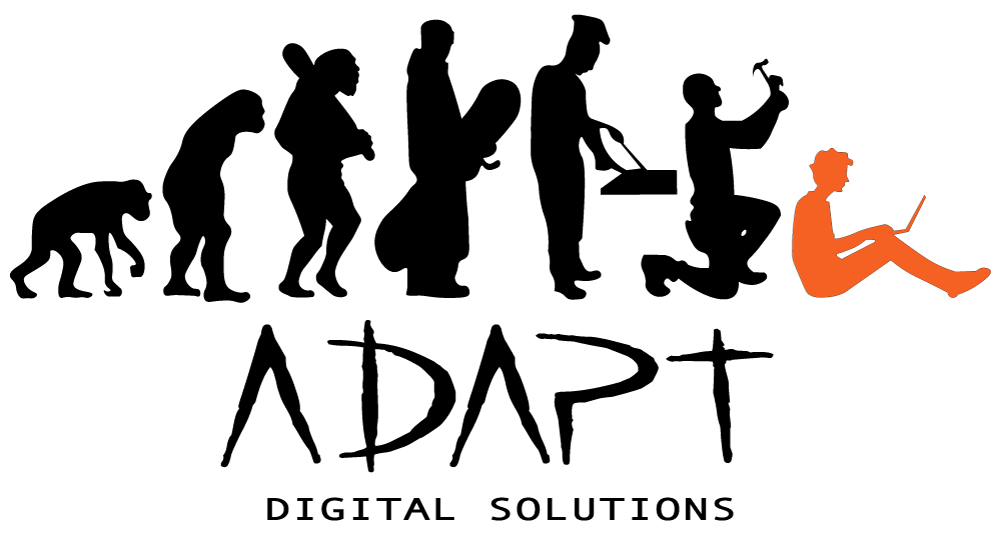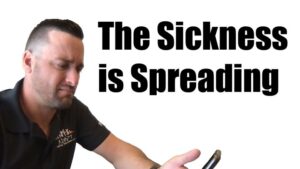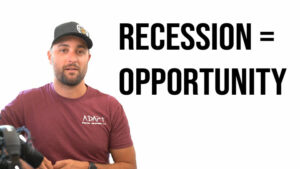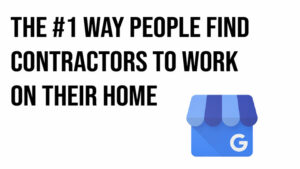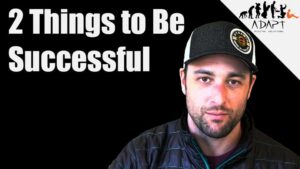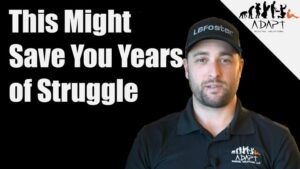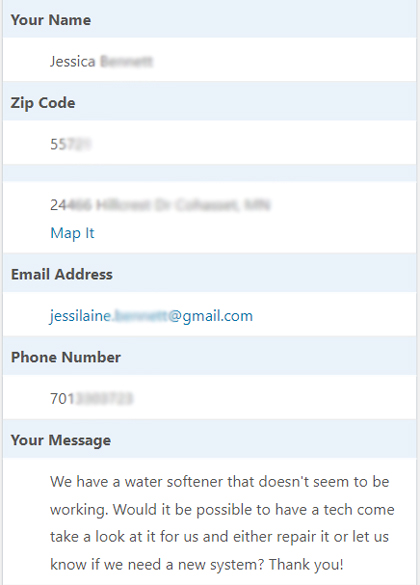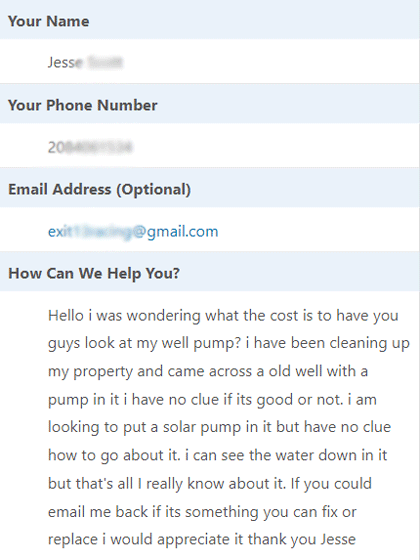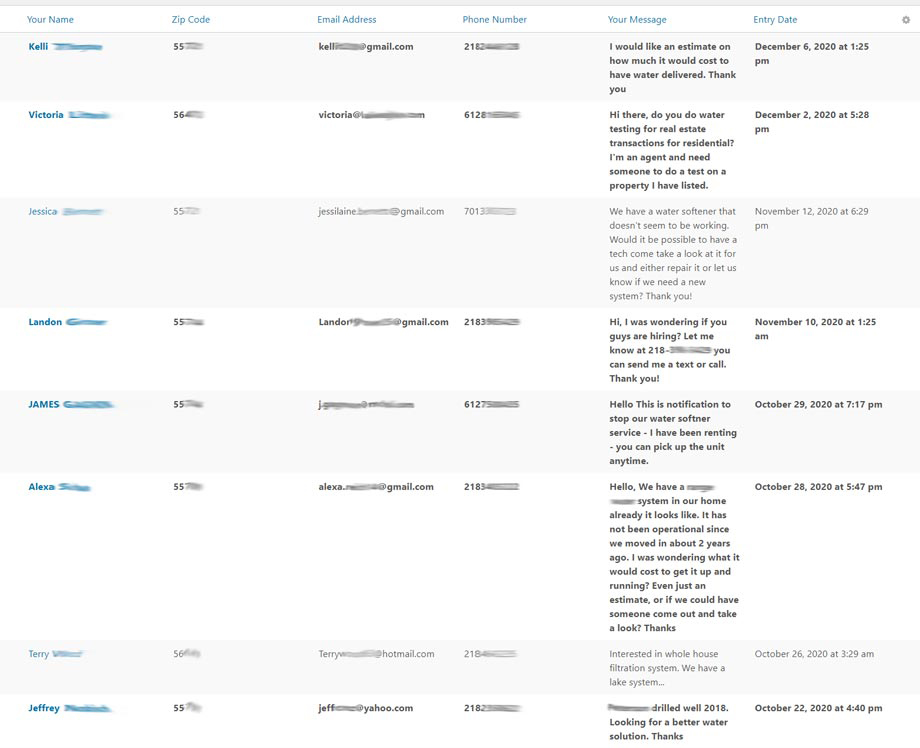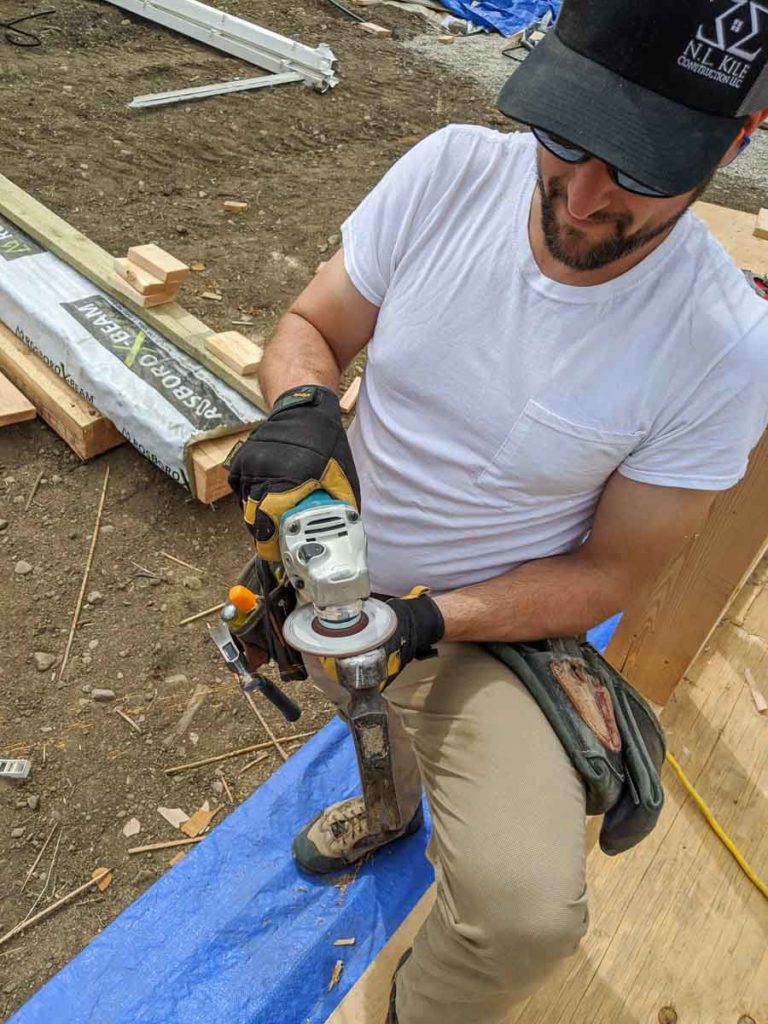I want to take this opportunity to talk about paid and organic traffic and discuss which one is better? That’s the question that got you here so that’s the question I’m going to answer.
First of all, what are we talking about here? Paid traffic? Organic traffic? What is traffic? In this regard, we’re talking about website visitors or people on the internet coming to your web properties whether it’s a social media page or a website or whatever it happens to be. Every person that comes through could be considered traffic that’s what the marketing term is for it. So that’s what we’re talking about, we’re talking about your website visitors.
So, paid one is the easiest one to explain. Paid means that you paid to get that person to your website whether it’s through Google advertising or Facebook ads. Even paying for Yelp or you buying leads from HomeAdvisor could be considered paid traffic. So all of those kinds of things are paid, I mean you’re literally paying for that person to come to check you out.
Organic is when people find you on their own. Maybe not on their own but it’s when you had nothing to do with it. So if one of your clients refers one of their friends or family to you, that’s organic. If somebody is searching online through Google and they find your website on their own, that’s organic.
So, that’s what we’re talking about paid versus organic. Which one is better for your contracting or construction business? Now that depends on your situation, if you need a job this month or you’re going to go out of business then paid traffic is going to be better because you can get it instantly. You can make a deal with Google, and pay them to send people to your website. Within a couple of hours, you could have people visiting your website.
Now, that’s gonna get pretty expensive really quick and that’s just the way it goes. Advertising on Google and Facebook and things like that work on a bid system. If “Joe Construction” down the street is willing to spend $50 dollars every time somebody clicks on his ad then if you want to show up above him on Google, you gotta bid more than that, you gotta spend $51 per click. And over time everybody’s trying to outbid each other and that causes the price of clicks to go up quite a bit. I’ve seen the price per click on Google over $200 for just a click and also as low as like 50 cents.
So, again, it varies but that’s a simple explanation. Paid traffic is very fast but it’s also very expensive. And one downside of paid traffic is when you stop paying, you stop playing. So you’re running Google Ads you’re getting jobs from it, if you stop paying you have zero. You have nothing to show for it, there are no dividends, there are no residual effects, there’s nothing. It’s just you stop paying, you stop playing.
Organic on the flip side, it’s not instant. It always takes time for the organic stuff to happen. It’s kind of like growing a garden. Not to relate that to the organic term because it has nothing to do with that. But, when you build a website that people can find on Google on their own without you having to pay for it that can be very lucrative. Because, if a lot of people are finding you they’re finding you on their own which makes them value you more than if you just paid to show up in front of their faces. You’re not paying to play.
So once you’re there, these people are finding you week after week month after month. You’ll have people coming to your business to hire you. And that’s why I think organic is better if you’re in this for the long term. If you’re not going to go out of business in a couple of months, if you don’t get jobs today, then you should definitely be investing in your organic marketing, and organic traffic. Because over time that will be the most profitable source of customers.
And you know, let’s just talk about money for a minute. Let’s say you have $5,000 to spend on marketing. If you want to do Google advertising and you’re going to run the ads yourself and do it all yourself you can get like two or three months of Google ads with that $5,000. And then hopefully get enough jobs and process enough jobs to get you at least your $5,000 back but hopefully, it will bring two or three times that, by the end of the two or three months.
Now with organic, you spend that same $5,000 and you might not make your money back until two or three months. If you’re lucky, sometimes it takes longer and it can take up to six months. It’s kind of split in half, I’m not going to get too far into that now but some of our customers get results literally overnight we’ve had a bunch of those. But for others, it takes like six months or more for them to really pick up steam and for people to find them organically.
And so, let’s make it six months, so if you were doing ads for six months that’d be $10,000 over the course of six months. With the organic side, you just spend the $5,000 on getting established making it so people can find you on Google. And by the end of the six months, you will have seen pretty good profit. At least recouped your $5,000! But then by the end of the year, you still have that same initial $5,000 investment but you’re making that money every month. And so you might have a four-to-one return on your investment by the end of the year.
Whereas with Google Ads, you’re going to have to keep making that investment every month to get those clients. And so both means can be profitable and the bigger companies that want to scale they use both of these. They make sure that they’re getting organic customers but they also pay to get customers because they want more.
If you’re a small company and you don’t need a lot of customers organic is going to be the way for you to go because it’s just so much more sustainable. And if something happens, if times get rough but you still have those customers finding you every month, then that’s a lot easier to manage than if you have to keep spending thousands of dollars every month just to keep the wheels turning.
So just like with investing, you know with marketing it’s best to be diversified but in my opinion, organic is always better than paid as long as you’re not in a situation where you’re going to go out of business in the next month or two.
